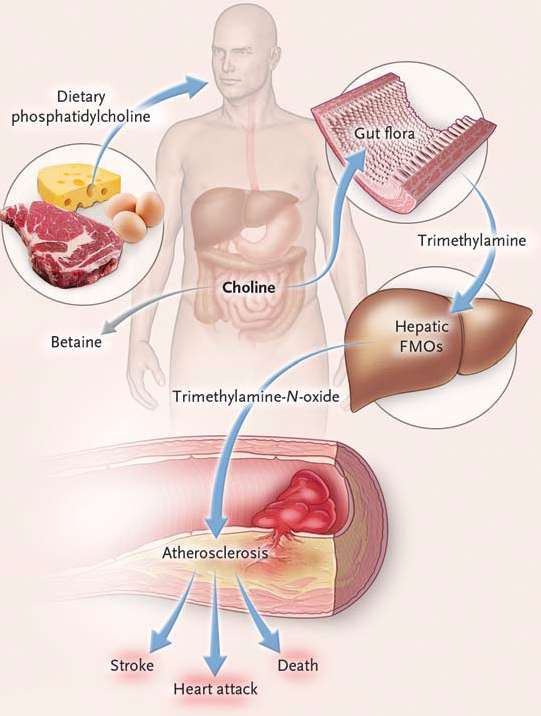Managing Cholesterol and Fatty Liver: The Power of Reduced Oil Consumption
In today’s fast-paced world, where convenience often trumps health considerations, it’s easy to succumb to dietary habits that may harm our bodies in the long run. Two common health concerns, high cholesterol levels and fatty liver disease, are closely linked to our dietary choices, particularly the consumption of oils. However, by adopting a mindful approach to oil intake, we can effectively manage these conditions and promote overall well-being.
High cholesterol levels, specifically elevated levels of LDL cholesterol, are a significant risk factor for cardiovascular diseases such as heart attacks and strokes. Similarly, fatty liver disease, characterized by the accumulation of fat in liver cells, can lead to liver inflammation, scarring, and even liver failure if left untreated. Both conditions often stem from excessive consumption of oils, especially those high in saturated and trans fats.
The good news is that by controlling our intake of oils, we can positively Managing Cholesterol and Fatty Liver health. Here are some strategies to consider:
1. Choose Healthier Oils: Opt for oils that are high in unsaturated fats, such as olive oil, avocado oil, and canola oil, over those high in saturated or trans fats. These healthier oils can help improve cholesterol levels and reduce the risk of fatty liver disease when used in moderation.
2. Moderation is Key: While oils are a necessary component of a balanced diet, it’s important to use them in moderation. Even healthier oils can contribute excess calories if consumed in large quantities, leading to weight gain and related health issues. Aim to use just enough oil to lightly coat pans or dress salads rather than drowning your food in it for managing Cholesterol and Fatty Liver.
3. Be Mindful of Cooking Methods: Certain cooking methods, such as frying, can significantly increase the oil content of foods. Instead, try healthier cooking methods like baking, grilling, steaming, or sautéing with minimal oil. Air frying is also a great alternative that requires only a fraction of the oil used in traditional frying methods.
4. Read Labels: When purchasing packaged foods, pay attention to the nutritional labels to identify products with lower oil content and healthier fat profiles. Avoid products with hydrogenated oils or high levels of saturated fats, as these can negatively Managing Cholesterol and Fatty Liver health.
5. Incorporate Whole Foods: Focus on incorporating whole foods into your diet, such as fruits, vegetables, whole grains, lean proteins, and legumes. These nutrient-rich foods not only provide essential vitamins and minerals but also contain fiber and antioxidants that support heart health and liver function.
6. Experiment with Flavorful Alternatives: Explore alternative ways to add flavor to your meals without relying solely on oil. Herbs, spices, citrus juices, vinegar, and flavorful condiments can enhance the taste of dishes while reducing the need for excessive oil.

7. Monitor Your Intake: Keep track of your oil consumption to ensure you’re staying within recommended guidelines. This can be particularly helpful if you’re trying to manage cholesterol levels or fatty liver disease. Consider using measuring spoons or a kitchen scale to accurately portion out oil when cooking.
8. Stay Active: Regular physical activity is essential for maintaining healthy cholesterol levels and supporting liver function. Strive to get in around 150 minutes of brisk walking, dancing, or any other moderate-intensity activity throughout your week, or if you’re feeling up to it, squeeze in about 75 minutes of more intense workouts like running or cycling.
That’s what the health folks suggest, and it’s not just about breaking a sweat – it’s about keeping your heart pumping strong and your body feeling great. So, lace up those sneakers or hop on your bike and get moving for a healthier, happier you!. Exercise helps lower LDL cholesterol levels while increasing HDL cholesterol, the “good” cholesterol that helps remove LDL from the bloodstream. Additionally, physical activity aids in weight management, which is crucial for Managing Cholesterol and Fatty Liver disease.
9. Seek Professional Guidance: If you’re struggling to manage your cholesterol levels or fatty liver disease, consider consulting with a healthcare professional or registered dietitian. They can provide personalized recommendations based on your individual health status, dietary preferences, and lifestyle factors. Additionally, they can help you develop a structured plan to achieve your health goals and monitor your progress over time.
10. Educate Yourself: Take the initiative to learn more about nutrition, for Managing Cholesterol and Fatty Liver health. Understanding the impact of dietary choices on your body empowers you to make informed decisions and take proactive steps towards improving your health. There are plenty of reputable resources available, including books, online articles, and educational websites, where you can find reliable information on these topics.
11. Stay Hydrated: Adequate hydration is essential for overall health, including liver function. Drinking plenty of water throughout the day helps flush out toxins from the body, supports digestion, and ensures proper liver function. Aim to drink at least 8 glasses of water daily, and consider incorporating hydrating foods like fruits and vegetables into your diet.
12. Practice Stress Management: Chronic stress can negatively Managing Cholesterol and Fatty Liver by triggering inflammation and disrupting metabolic processes. Incorporate stress-reducing activities into your daily routine, such as mindfulness meditation, yoga, deep breathing exercises, or spending time in nature. Prioritizing relaxation and self-care can have a positive impact on your overall well-being and help support healthy cholesterol levels and liver function.
